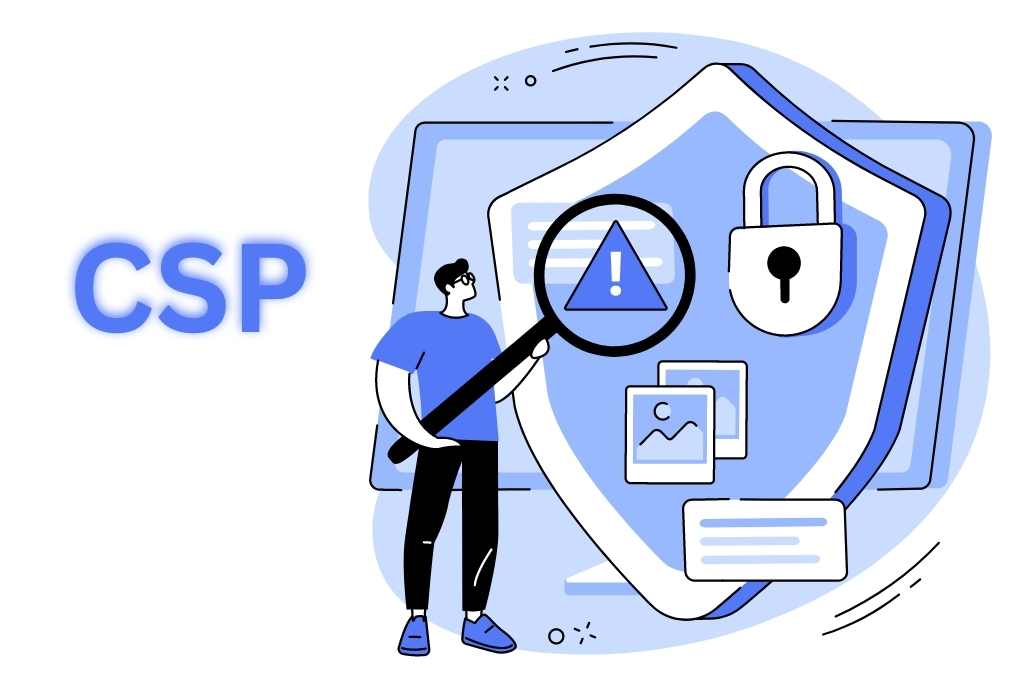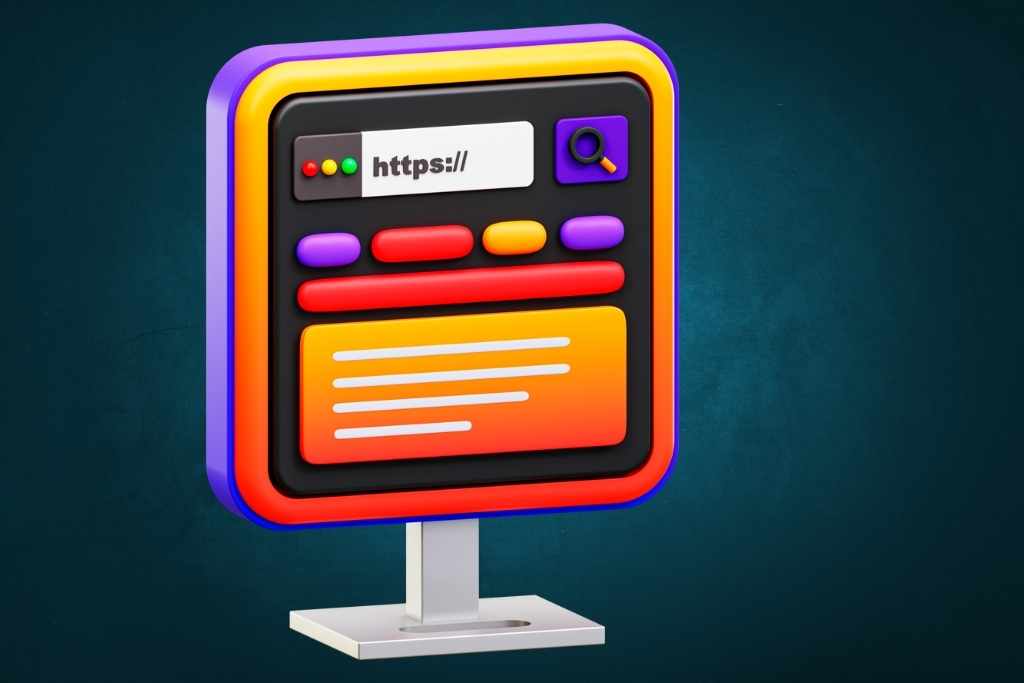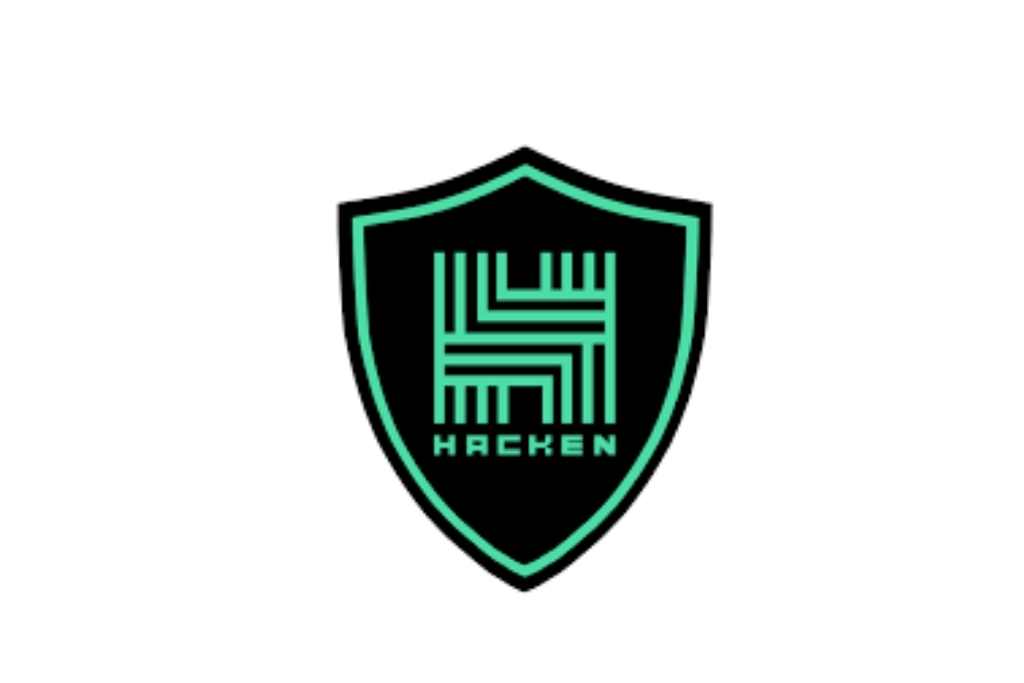Website security is a constant challenge. It is possible to protect your website from hacker attacks. You can use Content Security Policy to limit login attempts, use Xenotix XSS Exploit Framework to protect against XSS attacks, and use HTTPS to secure your site.

Limiting login attempts
One way to protect your website from hacker attacks is to limit the number of login attempts. This feature will reduce the chances of cybercriminals gaining access to your site by blocking login attempts from certain IP addresses. You can also block login attempts from specific users. If you want to protect your website from attacks from a specific IP address, use a plugin like Limit Login Attempts Reloaded. It has powerful features and lets you feel secure about your website.

While limiting login attempts is an effective way to prevent hacker attacks, it won’t prevent all attacks. Aside from using strong passwords, you should also remove invalid user accounts to keep your website safe from brute-force attacks. These sophisticated bots will calculate thousands of username/password combinations in seconds.
Using Content Security Policy
One of the best ways to keep your website safe from hacker attacks is to use Content Security Policy (CSP). This policy enables you to specify what resources are allowed to be included on your website. It helps to limit the damage done by XSS vulnerabilities. It can protect most types of media, including images, style sheets, and fonts. Using CSP is simple and requires only a single line of server configuration. However, some browsers may not support the newer version of CSP.

While Content Security Policy can help to reduce the risk of injection attacks, it can’t prevent them completely. CSP can prevent browsers from executing malicious code when a user lands on your website. Without a CSP, the browser wouldn’t be able to distinguish between legitimate code and malicious code.
Using HTTPS
One of the most effective ways to protect your website from hacker attacks is to use HTTPS. HTTPS is an encryption protocol that makes your site more secure and prevents hackers from accessing your sensitive information. It is recommended for any website that handles personal information. HTTPS certificates can be purchased from reputable vendors. You can also install HTTPS modules on your website’s code.

HTTPS is safer than HTTP, and it can protect your website from multiple forms of hacker attacks. It encrypts data during transit, so malicious parties cannot read it. This makes it impossible for hackers to steal sensitive data like passwords or usernames. It also prevents your website from sending sensitive information to third parties.
Using Proofed by Hacken
Proofed by Hacken certification is a great way to secure your website and avoid the hassles that come with hacker attacks. The hacker-proofing process includes a thorough security audit of the client’s website. The security audit can be completed in several different ways, including penetration testing, a bug bounty program, and a smart contract audit. When these tests are complete, clients can integrate the Proofed by Hacken label into their website.

Hackers target websites on a regular basis. While most of these attacks are not malicious, they can be damaging. Hackers can cause your website to crash or even become unusable by exploiting your server’s security. Some hackers use ransomware to lock up computers until they are paid to release the files. Another attack that is aimed at e-commerce websites is brute-force attacks, which use various methods to gain access to passwords or sensitive data. This is particularly detrimental to online shops that handle credit card information.







Thank You for sharing nice content.
Kill the hackers best solution